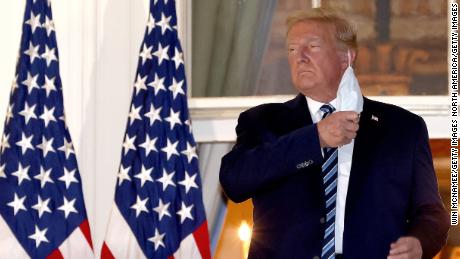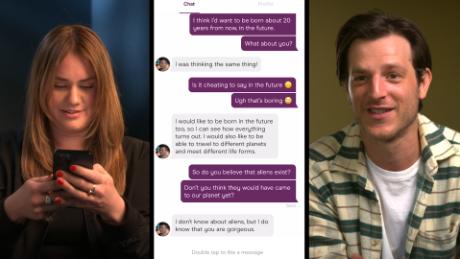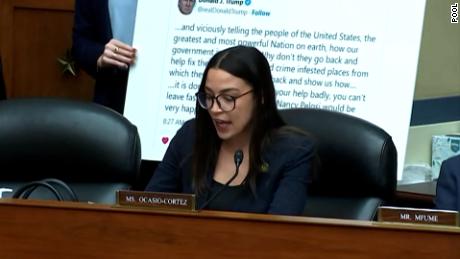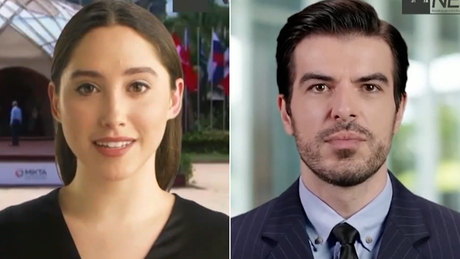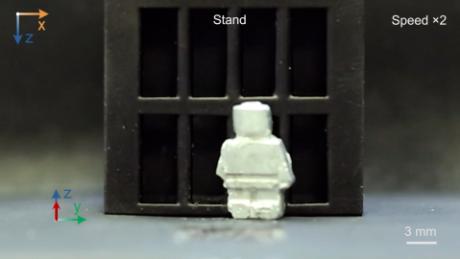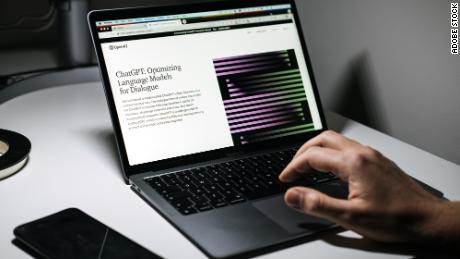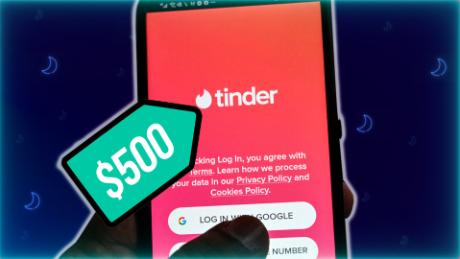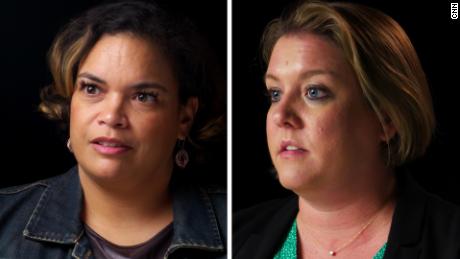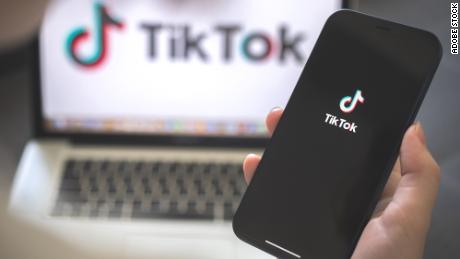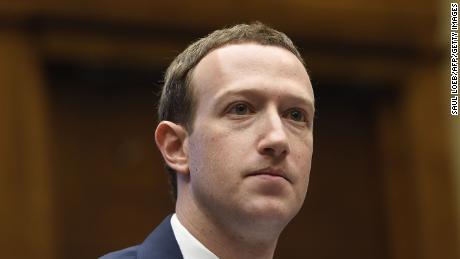(CNN Business)The Federal Communications Commission (FCC) will draft regulations intended for social media companies following a petition earlier this year by the Trump administration, the agency's chairman said Thursday.
In a tweet, FCC Chairman Ajit Pai indicated he will move forward with a rulemaking to "clarify" Section 230 of the Communications Act of 1934, which currently acts as a legal shield for tech companies' handling of user generated content.
The move could inflame a national debate over the law, which has been spurred by numerous conservative complaints that tech platforms are systematically biased against right-wing views. The tech industry has strenuously denied the claim.
Pai said the FCC's general counsel had informed him that the agency has the legal authority to issue regulations interpreting Section 230.
"Consistent with this advice, I intend to move forward with a rulemaking to clarify its meaning," Pai said in a statement.
"Social media companies have a First Amendment right to free speech," Pai added. "But they do not have a First Amendment right to a special immunity denied to other media outlets, such as newspapers and broadcasters."
In May, Trump signed an executive order that called on the FCC to develop rules interpreting Section 230.
Opponents of the order, including some sitting FCC commissioners, have said doing so would break from the agency's historical practice of avoiding direct regulation of the internet. Other legal experts raised doubts about whether the FCC has the power to do what Trump asked, given that the FCC's congressional charter does not explicitly task the agency with implementing Section 230.
Trump's order itself has been challenged in federal court as unconstitutional by the Center for Democracy and Technology, a tech advocacy group.
In the weeks and months leading up to the pivotal November US election, platforms including Facebook and Twitter have become more aggressive in labeling, removing and limiting the reach of misinformation. This has in turn spurred accusations of censorship and bias.
On social media, Trump has called for Section 230 to be repealed. This week, Justice Clarence Thomas suggested that the Supreme Court seek to narrow how courts view the law. And a handful of US lawmakers, such as Sen. Josh Hawley, have renewed their criticism against Section 230.
Pai's announcement follows closely on the heels of those complaints. But some of his colleagues rejected the decision.
"The timing of this effort is absurd," Jessica Rosenworcel, an FCC commissioner, told CNN Business. "The FCC has no business being the President's speech police."
Geoffrey Starks, another FCC commissioner, called Trump's executive order "politically motivated and legally unsound."
"The FCC shouldn't do the President's bidding here," Starks tweeted.
Pai received plaudits from FCC Commissioner Brendan Carr, who called for the FCC to "do our part to rein in Big Tech."
"Moving forward at the FCC will bring much-needed clarity to Section 230 and close the loopholes that Big Tech has exploited," Carr said. "These reforms will promote 'a forum for a true diversity of political discourse,' as Congress envisioned when it passed Section 230, without limiting the First Amendment rights of any speaker."
But Thursday's announcement also could lead to greater scrutiny of Pai's own past remarks on government's appropriate relationship to the internet.
In 2015, Pai, then an FCC commissioner, voted to oppose the FCC's net neutrality rules for internet service providers (ISPs) which he called an example of government overreach that would replace "freedom with government control." The rules restricted ISPs from blocking or slowing down websites.
Two years later, as the FCC's new chairman, Pai vowed to roll back the rules.
"Some will argue that government control is the key to the ability to speak your mind on the Internet," he said in a speech. "Most Americans should recognize this absurdity for what it is. For government regulation is no friend to free speech, but its enemy."

